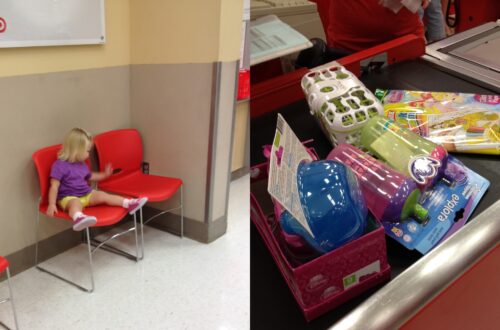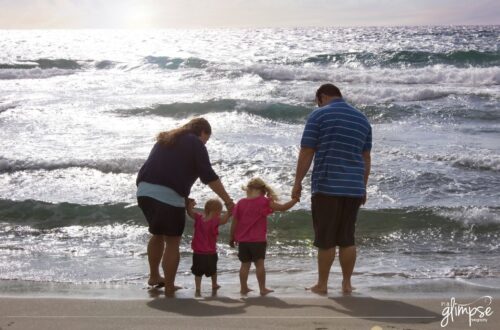
Things I wish every teacher knew.
The beginning of the school year is an exciting time for so many. Children are excited to see their old friends, meet their new teachers and make new friends. This is true for most children but when children have experienced trauma they tend to handle stressors differently than most. I know for my children, even though they are excited about the new school supplies and seeing their friends, their anxiety has been through the roof. They tend to act out, they are extra fidgety and are lacking self-control. They keep asking the same questions over and over.
I am dreading the thought of new teachers, who don’t know their history, who don’t understand their flight, fight or freeze mode. There is a thin line between wanting to let teachers know the signs of their anxiety and explaining how those signs are often mistaken for ADHD, and feeling like their history doesn’t define them and teachers should be understanding without having to know that my children have experienced abuse and neglect.
I worry about the type of teachers my children are going to have. My children need structure. They thrive on structure, but they also need a teacher to meet them where they are. They need a teacher who understands that their brains have been physically altered due to the abuse and neglect they suffered when they were younger. Some of them lack self esteem. Some of them have poor self-regulation. It takes my children longer than most to form attachments with adults they do not know. When my children are corrected for their behavior they will usually amplify and exaggerate whatever was said to them. Their brains were wired to think that they are “bad”. We have worked tirelessly to retrain their brains to allow them to see that even when they make a bad choice they are not bad kids. It is imperative they have a teacher who is going to work hand in hand with us to continue this retraining. Some of my children suffer from chronic hypervigilance. They are constantly trying to anticipate what is going to happen next. Some of my children suffer from ADD/ADHD combined as well as generalized anxiety disorder. When they become overwhelmed sometimes they will just zone out. They need a teacher that is going to recognize that and re-engage them. I know most parents want the best teacher for their child. They want the one who isn’t going to be a “yeller”. One who will be structured but loving. Trust me, I understand that. Most parents only want whats best for their child so that makes total sense. The difference between us and most parents is that even though no child likes to be scolded or yelled at, that could be a major trigger for my kiddos. The feelings of being singled out or targeted could cause major setbacks.
Here are a few things that we feel all teachers should know to make their classrooms more trauma friendly…
1. I wish that all teachers would do a little research and be trauma informed. It would not only help with children who have experienced trauma in the past but it may also help for a child who is currently being abused and neglected in their class. Children who are experiencing abuse tend to be really good at putting on a “show” to hide what is going on at home. Being trauma informed would assist teachers in identifying the signs of abuse and neglect and may help save a life. Along with this, if you suspect abuse or neglect, please report it! If nothing is done and you still suspect it, report it again!
2. Please choose your words wisely. When a child is acting out, or not in control of themselves, bring your calm to them, don’t add to their chaos by immediately raising your voice. Choosing to acknowledge and put words to how they are feeling will go a long way. “I can see that you are really angry Johnny took that marker from you.” Or “I can tell you are very sad that Amy didn’t want to play with you” You don’t always have to have a solution for them, just acknowledging their feelings will help. When children who have experienced trauma are worked up sometimes they can not vocalize or even identify the emotions they are feeling.
3. You do not always know the history of children in your classroom. Some may be in foster care, some may have been adopted, some may be living with guardians. I beg you, please do not have children complete assignments or send home projects that deal with family trees, or questions about who chose their name or the origin of their last name. These assignments stir a lot of emotions in children who have been separated from their birth families. It is a reminder that no matter how much normalcy we as foster and adoptive parents try to give them, their situations are anything but typical.
I have the utmost respect for teachers and I appreciate them more than they will ever know. All the love, time and energy they put into our children is priceless. Thank you to all the amazing teachers out there, you rock!




